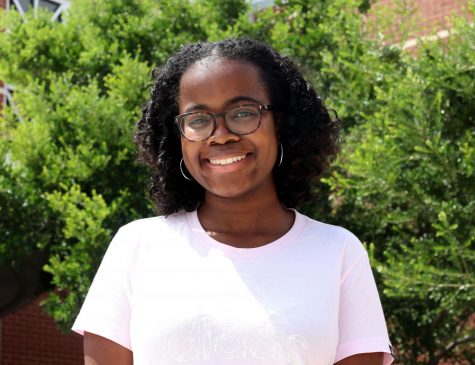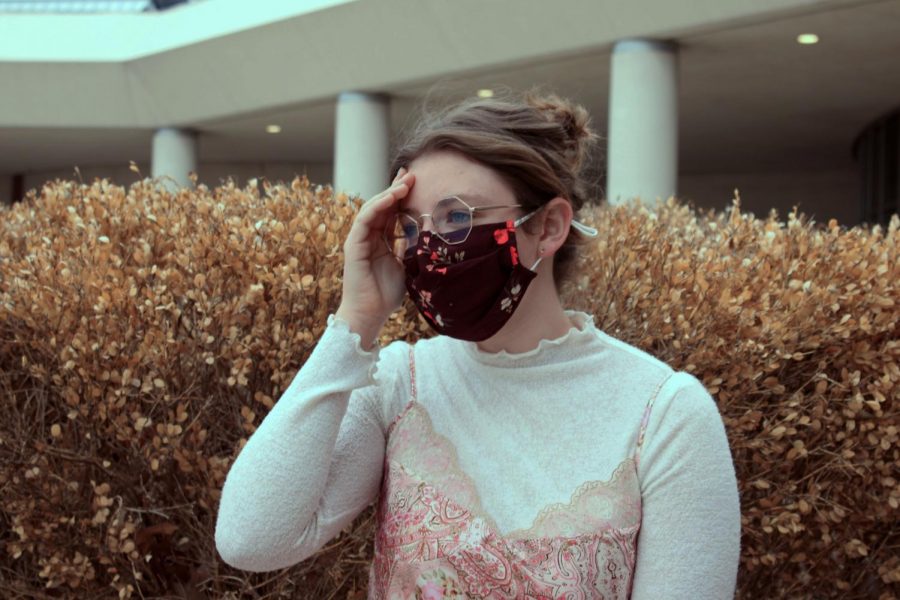Coping with COVID-19 anxiety, according to professional counselors
Photo by Arisha Hirji
Counselors have seen a rise in mental health concerns since the onset of the coronavirus pandemic.
To live through the past year was to become intimately acquainted with anxiety and uncertainty. The reality of the situation came crumbling down all at once as COVID-19 went from a distant virus to one that shut down our schools and our lives. “Two weeks to flatten the curve” turned into two months, turned into four months, turned into six, and an unsettling truth began to sink in: no one really knows what is going to happen with this virus or with the next few years of our lives.
The ambiguity of COVID-19’s “end date” is obviously overwhelming, and surpassing the one year coronavirus anniversary hurt morale. Grappling with my own spike of “COVID-19 fatigue,” I directed my questions to professional Counselor Associates at Coppell Family Center, Shanna Drury and Sherry Nasta.
Q: What is your main mental health tip for facing uncertainty?
A: “Change is the only constant in life. Don’t worry about what you can’t control. Sit with it. Be uncomfortable with uncertainty because it is more prevalent than we previously were aware of. [COVID-19] forced us to come face-to-face with all the areas of uncertainty we previously ignored.”
Q: Is gratitude a good place to focus as an approach to these times?
A: “Historically, research has proven that a focus on gratitude improves mental and physical health, which is needed at a time like this. Thoughts influence feelings which impact our actions. If your thoughts gravitate toward gratitude, your feelings and actions will follow suit. However, changing your thoughts requires patience and practice. Give yourself some grace while trying this. You won’t get it right the first time. Keep practicing gratitude in your thoughts, [and] over time, your attitude toward these times will shift.”
Q: What do you think about people closely following the news and fixating on when this might all be “over”?
A: “Fixating on anything is unhealthy. Being informed and aware is important, but fixation leads to obsession, which can be harmful over the long term. Being aware may look different for different people. Some may feel the more they know, the more they feel in control, others may feel better just knowing the bare minimum. Both are OK as long as the individual maintains mental and emotional stability. If you notice increased levels of stress after consuming news [or] vaccine content, it may be time to back off. We recommend balance in all things.”
A year into life with COVID-19, the world is chaotic and uncertain around us. While the outer world is oftentimes beyond our control, our inner world is not.

Senior Katherine Parker is the managing editor and this is her second year on staff. She loves journaling and spending time outdoors. In her free time,...



